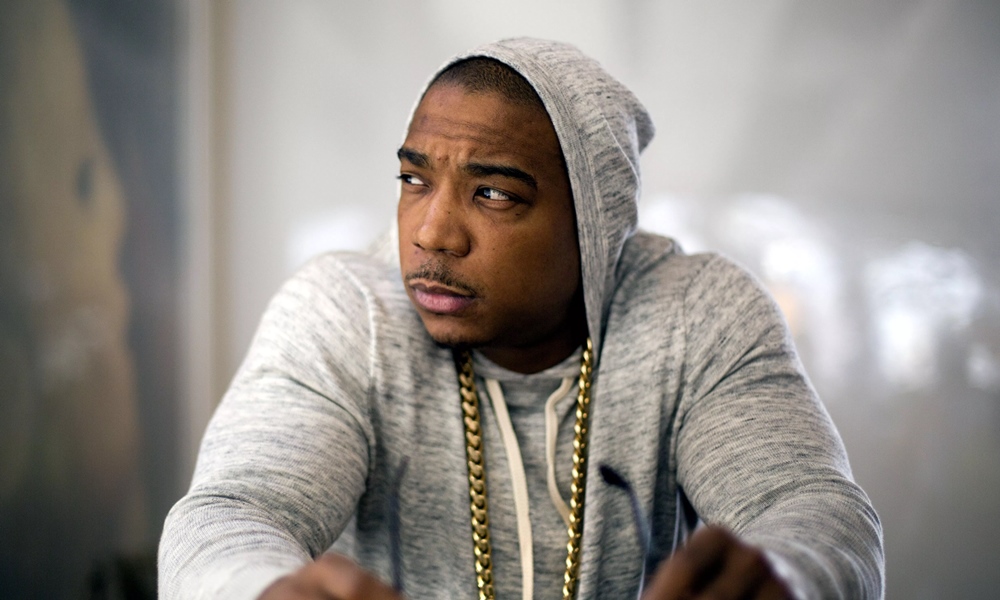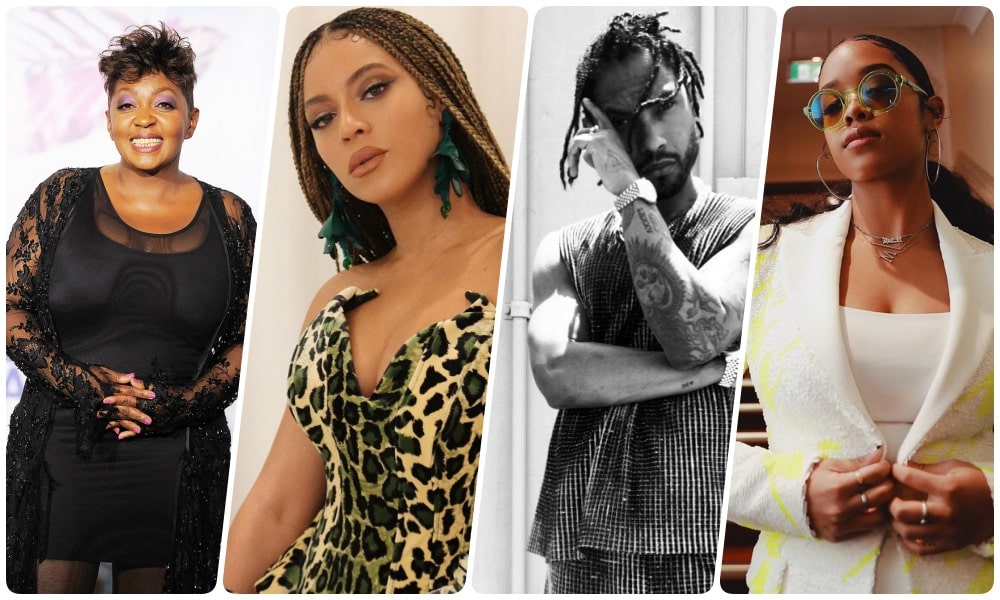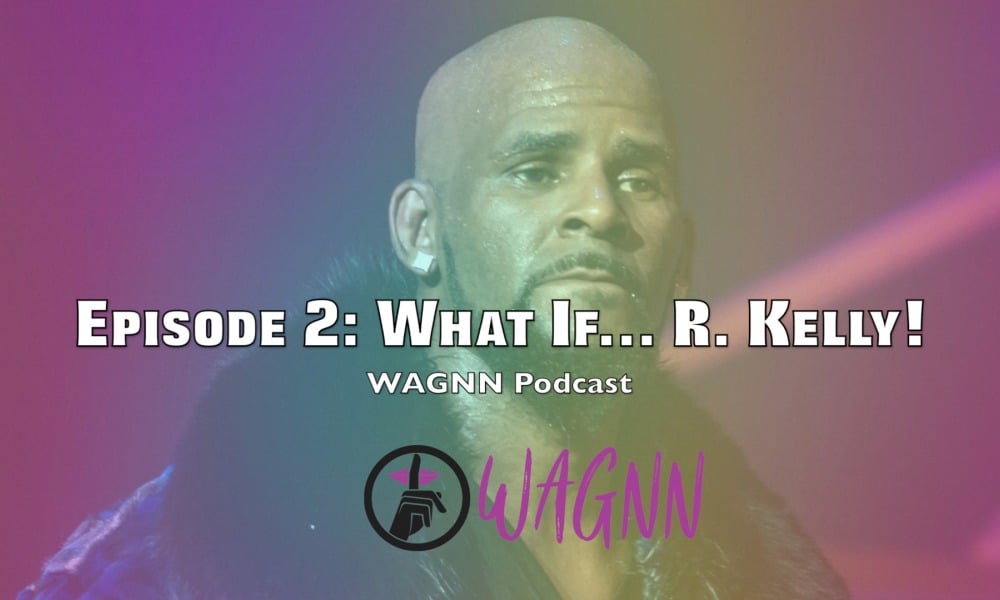Some fans of R&B and hip-hop stars might already put their favorite artists on the same pedestal as superheroes, but if you hadn’t already considered it, some of the icons of R&B and hip-hop have more in common with comic book and movie superheroes than you might think. The stories of many successful hip-hop artists involve a string of hard knocks and opportunities to make something of themselves by getting out of the ghetto. Just like hip-hop came from the streets to the mainstream, comic book superheroes experienced the same growth, starting out in niche comics before upgrading to appearances on the big screen.
Everyone loves a superhero. They have been a firm feature in popular culture for generations. They’ve become our biggest idols like our hip-hop and R&B stars, through movies, comics, and even toys. However, the chance to interact with a superhero through video games and slots can bring these characters to life even further. Though it might seem a little nerdy to sit here and compare East and West Coast artists to superheroes, there are distinct personality traits that some artists surprisingly share with stars of iconic comic books and annuals.
Rapper Ja Rule went through a turbulent time in the music industry about 10 years ago, including clashing with fellow rapper 50 Cent at the height of the latter’s fame, with 50 Cent calling out Ja Rule on a string of his diss tracks. In a bid to clean up his act and start afresh on the scene, Ja Rule, surprisingly, decided to rename himself Loki. Yes, that’s right, the name of Marvel Comics’ fictional character inspired by Norse mythology. Like Loki, who plays the brother/enemy of superhero Thor in the Marvel Cinematic Universe, Ja Rule’s new Loki persona was designed to prove to 50 Cent and others that he was still worthy of attention and had no desire to make friends. Bizarrely, despite getting Loki tattooed on his chest, Ja Rule never released an album under his new pseudonym.
One half of the Midi Mafia took inspiration from Batman to create his new persona for the music industry. Waynne Nugent is a Brooklyn-born producer that works with Canadian Kevin Risto and has notably produced songs such as 50 Cent’s “21 Questions,” Sha Stimuli’s “Clap at Ya” and Capone-N-Noreaga’s “Yes Sir.” Both Nugent and Risto created new aliases for their music careers, with the latter opting for Dirty Swift. Nugent, with his Brooklyn roots and since he is no stranger to the dark streets of New York City, opted for Bruce Waynne. This choice became even more ironic when we found out that Waynne had signed a deal with Elektra Records, Elektra being one of Batman’s fierce enemies, of course.
Winding the clock back more than two decades, Tsidi Ibrahim started her hip-hop career as part of the Natural Resources group. Ibrahim’s bizarre stage name of What? What? left Ibrahim just as puzzled as us and we eventually grew frustrated at her lack of control regarding her professional image. Ibrahim acted and eventually changed her name to tribute to X-Men superhero Jean Grae (not Grey). Ibrahim took on the alias Jean Grae, which seemed quite apt considering her spiky, confrontational style of rap that’s seen her become one of rap’s greatest lyricists of our time.
There are also striking similarities between the Grammy Award-winning producers J.U.S.T.I.C.E League and the DC Justice League group of superheroes. J.U.S.T.I.C.E. League has battled tirelessly to maintain the integrity and honor of the hip-hop industry by working alongside the likes of Nas, Drake and Lil Wayne to produce a string of hits that have given hip-hop a new lease on life in recent years. As the J.U.S.T.I.C.E. League has sought to rid the hip-hop industry of dangerously bad tunes, DC’s Justice League has worked together to defeat supervillains and help make the world a safer place. In yet another nod to the DC-created group at the beginning of each song produced by J.U.S.T.I.C.E. League, a female singer chants the words “Justice League” in the background, almost as a call to arms.
R&B and hip-hop artists have as many compelling stories to tell as their superhero alter egos. The fact that artists choose superhero aliases goes to show that these characters are still alive and kicking in popular culture. There remains a sense of trust and integrity in superheroes and their personalities that hip-hop artists crave for their stage personas.
Since 2005, Singersroom has been the voice of R&B around the world. Connect with us via social media below.








